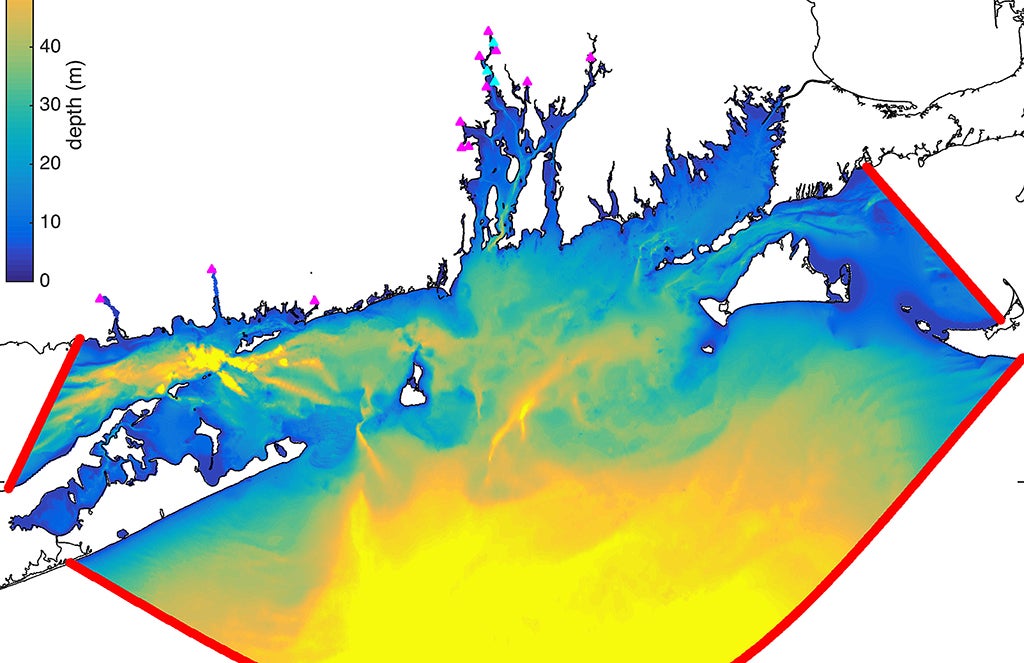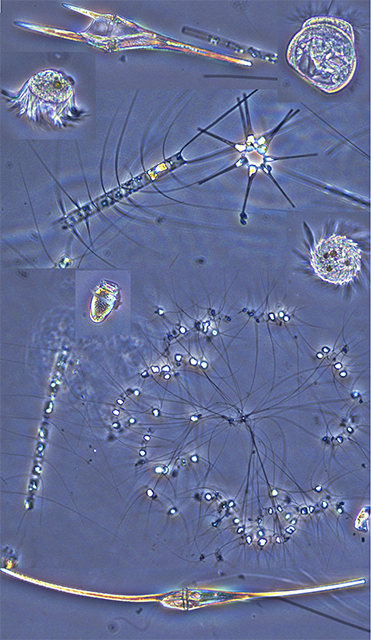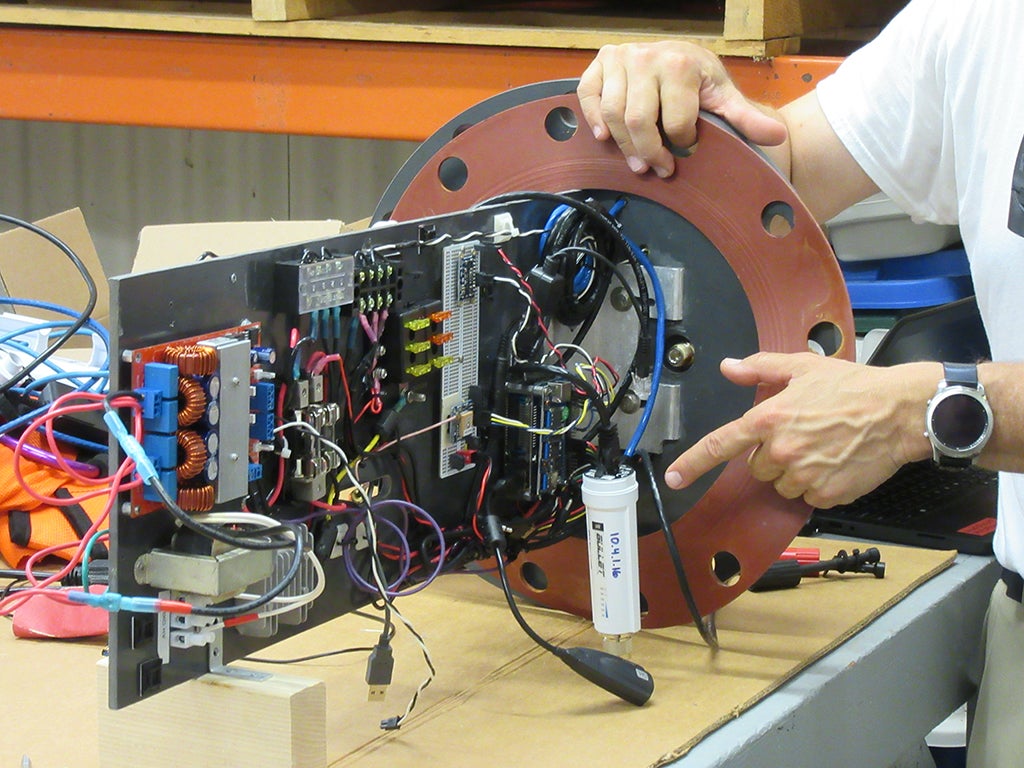The RI C-AIM Postdoctoral Fellow position is a one-year appointment for one or more candidates, with an option to renew for a second year based on performance and available funding. Those selected will conduct research on a RI C-AIM project, as well as engage in collaborative professional development activities which will help them gain research independence and long-term career success.
Deadlines: Thursday, January 31, 2019, first consideration, and Thursday, February 28, 2019, second consideration
Read our full advertisement and project descriptions
Required Qualifications
- A Ph.D. or completion of a Ph.D. at the time of appointment in a science or engineering field
- Demonstrated ability to conduct, publish, and present basic or applied research in science or engineering related to the project(s) of interest
- Demonstrated ability to work collaboratively across disciplines and lead independent research projects
- Demonstrated ability to supervise and mentor student research assistants
- Evidence of a commitment to advancing the diversity and inclusion goals of RI C-AIM
Preferred Qualifications
- Experience working within research centers or on larger-scale collaborative research projects
- Demonstrated commitment to engaging and broadening participation of diverse students and researchers
Funding
- $50k annual salary, plus benefits
- $10k annual stipend for research expenses, including materials and travel
Application Instructions
All applications are to be submitted by email to Sally J. Beauman, RI C-AIM/NSF EPSCoR Project Administrator, at sbeauman@uri.edu. The following material is required as a single PDF document titled “Lastname_CAIM postdoc.pdf”.
- Cover letter listing the eligible project or projects you are applying for, describing your interest in the position, your commitment to diversity and inclusion, and addressing how the Postdoctoral Fellowship will advance your career goals
- Current curriculum vitae
- Names and contact information for four references. These individuals should be familiar with your work, your potential as a leader in your field, your ability to mentor and provide a supporting research environment, and your commitment to diversity and inclusion
Project Descriptions

Data Assimilative Modeling of Coastal Marine Ecosystems
Although coastal marine ecosystem models aim to simulate complex ecosystem dynamics, current representations are always simplifications subject to many unavoidable errors. We seek expertise with methods that can rigorously constrain our Narragansett Bay ‘end-to-end’ ecosystem models with physical, chemical and biological observations from both the extensive historical database as well as with data from our recently deployed Bay Observatory to better approximate the natural ecology of the bay.

Synthetic Biology Approaches to Novel Paper-Based Sensors for the Bay
Synthetic biology is now developing sophisticated, but easy to use, diagnostics and sensors for small chemical compounds, subtypes of viruses (e.g., Zika) as well as distinguishing pathogenic forms of bacteria (e.g., drug resistant). These approaches have application beyond medical fields, and we seek to develop a new generation of low-cost sensors for use within the marine environment, from small molecules to genetic diversity. These paper-based, non-living biosensors could thus be put in the hands of citizen scientists.

Coastal Marine Plankton Ecology
We seek a postdoctoral fellow to analyze and interpret data collected by a long-term plankton time series in Narragansett Bay, which includes an extensive physical, chemical and biological dataset. Experience in time series analysis and knowledge of plankton ecology is required. Working closely with both empiricists and modelers, the goal will be to identify underlying environmental parameters driving plankton community dynamics and improve forecasting of important phenomena that can have ecological, economic and societal impacts, such as harmful algal blooms.

Error: Failure Detection in Coastal Sensor Networks
Acquiring data from microfluidic sensor networks is often disrupted by issues such as biofouling, errors in calibration, aging or defects, all of which affect data quality and quantity, and can result in interpretation errors and ultimately incorrect models. This project will create an online system for data validation through a network of microfluidic sensor, identifying common mechanisms of sensor failure, analyzing complex datasets and programming an automated system for failure detection based upon big data modeling approaches.

 Rhode Island EPSCoR is funded by the National Science Foundation under EPSCoR Research Infrastructure Improvement Award #OIA-1655221. Any opinions, findings, and conclusions or recommendations expressed in this material are those of the author(s) and do not necessarily reflect the views of the National Science Foundation.
Rhode Island EPSCoR is funded by the National Science Foundation under EPSCoR Research Infrastructure Improvement Award #OIA-1655221. Any opinions, findings, and conclusions or recommendations expressed in this material are those of the author(s) and do not necessarily reflect the views of the National Science Foundation.